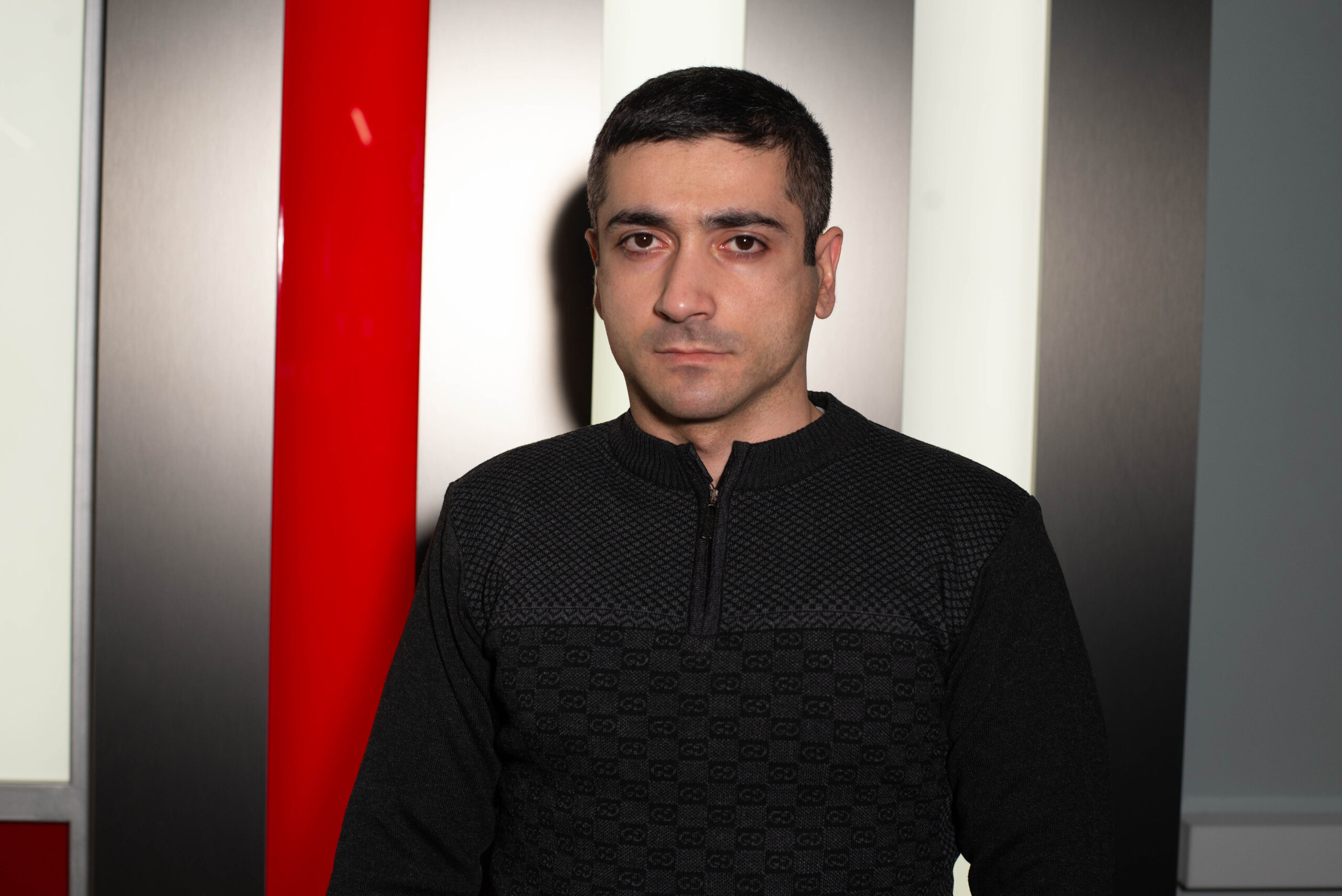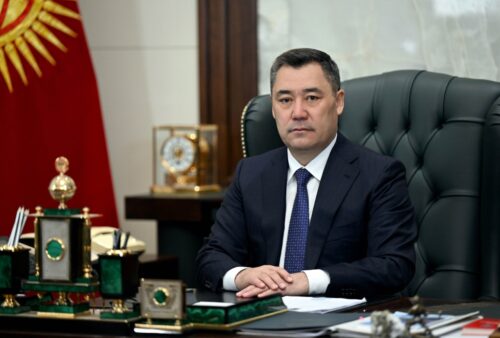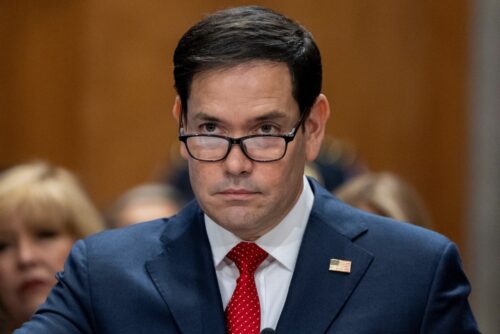
Stoltenberg’s visit to the region and key messages from NATO
NATO Secretary General Jens Stoltenberg was on an official visit to the South Caucasus a few days ago. As part of his visit, Stoltenberg first went to Azerbaijan, then to Georgia, then Armenia.
The last visit paid by the NATO Secretary General to Armenia was in 2012, when Anders Fogh Rasmussen held the position. A number of pro-Western theorists in Armenia consider the visit of any official from Brussels or Washington to the region to be historic, and Stoltenberg’s visit was no exception. However, we must agree that his visit was really significant, but not for Armenia or Georgia, but only for Azerbaijan.
Since 2012, global political processes have taken place, which have significantly increased the importance of Azerbaijan for the West. And this can clearly be seen from Stoltenberg’s statements in Baku, which, unlike the ones made in Yerevan and Tbilisi, were not declarative in nature and defined clear working guidelines. These guidelines were clearly visible at the meeting between the Secretary General and Azerbaijani President Ilham Aliyev, when Azerbaijan’s role in Europe’s energy security and its close ties with a number of NATO member states — meaning Turkey — were emphasized. The meeting with the Azerbaijani Minister of Defense was rather remarkable. Let us note that Azerbaijan was the only one of the South Caucasus countries where Stoltenberg met with the country’s defense minister and discussed the processes of signing military agreements related to military education and to bringing the Armed Forces of Azerbaijan to NATO standards. Thus, it turns out that the West sees Baku as an important partner and is going to deepen both economic and military ties with it. That is the reason why the North Atlantic Alliance strives to raise the Azerbaijani Armed Forces to NATO standards as much as possible. A question may arise whether the energy factor alone is the reason for so much attention to Azerbaijan. After all, for the West Georgia has been the particular favorite in the region. In this regard, we should consider not only the issue of energy supply to the West, but also the fact that Azerbaijan is an important part of the Trans-Caspian transport routes, which are of particular significance for Europe. This is the reason why the Western states keep calling on Armenia to make peace with Azerbaijan and to open the roads, as thus they will bypass Georgia and will make the Trans-Caspian horizontal routes even shorter and more reliable, which of course is not in Georgia’s interests. Moreover, as John Herbert notes, there have been disappointing processes concerning Georgia. In fact, the theorist means Tbilisi’s neutrality toward Russia and its non-engagement in Western sanctions.
As for the Artsakh conflict, Stoltenberg clearly stated in Yerevan and Baku that now Armenia and Azerbaijan are closer to peace than ever before and that this is an opportunity to reach a lasting peace treaty. To put it simply, Stoltenberg meant that as a result of the war, Armenia has lost, and Azerbaijan has won, thus they need to accept the reality, conclude a peace treaty and open communication links. He also expressed his belief that the conclusion of a peace treaty between Armenia and Azerbaijan will help stabilize relations between Armenia and Turkey, which, according to Western calculations, will lead to the withdrawal of the Russian military base from the Armenia-Turkey border. According to the NATO secretary general, Turkey is their ally in this region, and Armenia can deepen its cooperation with NATO by normalizing relations with Turkey. Thus, it turns out that the West needs Yerevan just for the opening of communication routes with Baku and for forcing Russia out of the region. After this is all done, Washington and Brussels will not care what will happen to Armenia.
Some pro-Western analysts said that the U.S. and the collective West have such deep interests in Armenia, that they are ready to protect its territorial integrity from Azerbaijan and their ally, Turkey. These theorists, however, have not managed to reveal the reasons why the West is ready to spend resources for Armenia. The only point of view that they have put forward is that the U.S. needs Armenia as a bulwark against Russia. Let us note that it is not in the national interests of the Armenian people to play in the hands of one global block against another. Moreover, Stoltenberg’s statements in Baku showed that it is Azerbaijan that has true potential to become a bulwark against Russia. It has already been playing such a role for Israel against Iran, and Azerbaijani militants have been fighting against Russia in Ukraine with the support of Azerbaijan. Therefore, nothing prevents Azerbaijan, receiving good support from the West, from covertly acting against Russia.
Thus, these latest impulses from the West also showed that Yerevan does not represent a strategic interest for Brussels and Washington. That is why they tell Armenia, “If you want to promote cooperation with the West, normalize your relations with Turkey, as it is Turkey that represents Western interests in this region.” It turns out that the path leading from Yerevan to the developed and civilized West lies through Turkey, and this will have serious consequences for the statehood and sovereignty of Armenia. Armenia should realize its national and state priorities and position itself where it is actually of strategic importance.
Ashot Barekyan


